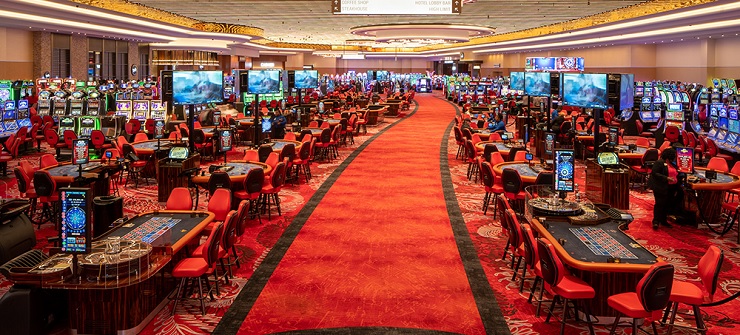
Democracy versus authoritarianism remains a pertinent topic that dominates political discussions within our complex and rapidly-evolving world. Advocates and detractors of both systems have valid points, each emphasizing unique benefits and shortcomings. Our thorough analysis delves into the intricacies of democracy and authoritarianism, exploring their essential characteristics, effects, and consequences. We intend to offer a penetrating viewpoint that enables you to gain a better understanding of this ongoing discourse and to make an informed decision.
Understanding Democracy
Democracy, originating from “demos” (people) and “Kratos” (rule) in Greek, is a governance system that entrusts power to the populace. It upholds values of political involvement, inclusivity, transparency, and safeguarding individual freedoms. Democracies are recognized for holding frequent, equitable, and unbiased elections, respecting the supremacy of law, preserving civil liberties, and holding leaders accountable to their constituents.
Power to the People
Democracy is grounded on the fundamental belief that power ultimately resides with the people. Through casting their votes, citizens can choose their representatives who reflect their interests and shape public policy accordingly. This approach fosters a culture of inclusivity and respect for diverse viewpoints, enabling individuals to feel a sense of ownership and empowerment.
Safeguarding Individual Rights
In a democratic society, preserving the rights and freedoms of every individual takes precedence. These essential rights consist of freedom of expression, assembly, religion, and the press, along with others. Upholding these fundamental liberties is crucial for creating an environment where citizens can freely voice their opinions without worrying about suppression or victimization. Ultimately, this promotes a diverse and accepting community.
Analyzing Authoritarianism
Authoritarianism is a form of governance that is distinctly different from democracy. It is marked by a powerful central authority and a lack of political freedoms. Within authoritarian regimes, decision-making is controlled by just one person or a select few. This concentration of power without checks or balances has the potential for abuse and the stifling of dissent. While there are some who see authoritarianism as a means to provide stability and efficiency, others recognize the dangers inherent in such a system.
Centralized Authority
Proponents of authoritarian systems tout the benefits of centralized power, which enables swift decision-making and efficient policy implementation. The stability afforded by this approach can result in effective governance and prompt responses to societal issues. However, critics warn that unchecked rule, lack of accountability, and corruption are potential risks of concentrating power in the hands of a few.
Limitations on Political Freedoms
Authoritarian regimes prioritize order and stability over political freedoms and civil liberties, often leading to limitations on individual rights, stifling of dissent, and hindrance in social progress. Critics contend that such limitations prioritize the ruling elite’s interests while undermining the broader population. This lack of checks and balances perpetuates an environment that threatens the fundamental values of democracy.
III. Comparative Analysis and Implications
When assessing democracy and authoritarianism, it’s essential to evaluate their potential effects on governance, societal progress, and individual welfare. While both systems have pros and cons, their impact hinges on a nation’s unique conditions and situation.
Governance and Decision-Making
Democracy encourages active involvement from a diverse group of stakeholders, leading to a more inclusive decision-making process. Though this may take more time, it fosters social cohesion and amplifies the voices of marginalized communities. Alternatively, authoritarianism prioritizes swift policy implementation but may diminish public engagement and limit input from a broader group of people.
Societal Development
In democratic societies, there is typically significant advancement in critical areas including education, healthcare, and the protection of human rights. Transparency is present thanks to the presence of an independent judiciary and a free press, which contributes to increased economic growth and social welfare. Although authoritarian governments may provide temporary stability and economic development, the possibility we may overlook essential social aspects, hindering future sustainable growth.
Conclusion
Explore the contrasting paths of democracy and authoritarianism in governance. Both systems offer unique advantages and disadvantages, with democracy valuing individual freedoms and inclusivity while authoritarianism prioritizes centralized control and efficiency. It’s essential to recognize the complexities and nuances of these systems, as context plays a significant role in shaping their outcomes. Let’s delve into the intricacies of these paths to better understand their impact on society and systems of governance.
Our study delves into the critical components of democracy and authoritarianism, providing a thorough evaluation of each system’s principles and effects. Armed with this knowledge, individuals can join educated conversations and influence the course of governance in an ever-evolving global landscape.



